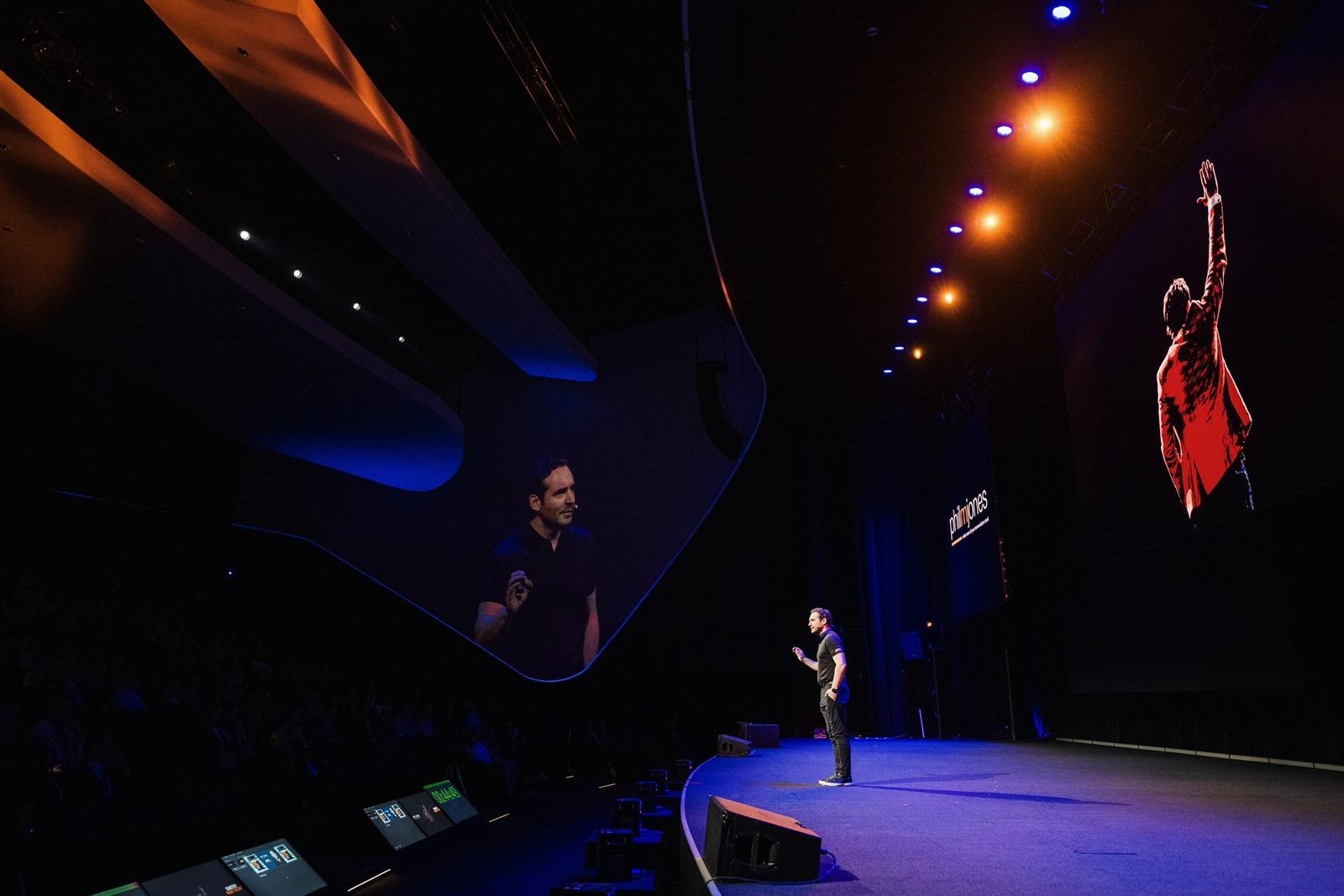In the world of sales, often the only distinguishing factor that we have is the words that come out of our mouths or the ones that we type. There’s one challenge that I bump into time and time again for nearly everybody in business, and that is to have more useful conversations with people who fit their target market, that have qualified in and which will bring better results.
There are stacks of people right now using the social networks to try and promote their business, and one of the most common mistakes is all that they are doing is trying to sell. They are broadcasting messages left, right and centre saying “buy from me, buy from me, buy from me, buy from me” creating a monotone approach that certainly doesn’t engage.
In terms of different platforms, I’m talking about what we do on Twitter, Facebook, LinkedIn, and YouTube for the purpose of lead generation.
It’s unlikely in your business that somebody’s going to read a Facebook post, watch a short YouTube video, read a tweet or a LinkedIn update and instantaneously jump to the position of wanting to be a customer.
You will rarely win business directly. If we get our minds right, the best strategy for those tools is to generate conversations with our target market. We’re looking to start a conversation, and that’s what our language should dictate. This means asking questions of people as opposed to making statements.
I was working with a business a short while ago that helps people save money. They said “Phil, how do we use Facebook to generate more of the right kind of people to speak to?” What they were doing was making broadcast after broadcast of case studies of people and how it would save them money, hoping that that was going to capture attention. I said “let’s just try something by alternative. Let’s just try a question”. The question I asked them to try was “if I could show you a way to save £500 a month, then what would you spend the money on?” That was the question I asked in a social context, and rather than the typical response that this client had, add one or two random comments, within 45 minutes the post had 70-80 comments on it. This created an instantaneous prospect list for that person to follow up.
A holiday company wanted to speak to more people about their holidays (I’m pretty sure we could all think of somewhere we would rather be). So the post that we put out on Twitter and LinkedIn and on Facebook simply said “if you could be anywhere else in the world right now, where would you be and why?” A stream of people shared places that they would rather be and why they would be there, which allowed the company to make direct contact with those people to help them to make those dreams into reality.
Instead of making statements, we’re better off asking questions. Not talking about what we do, talking about the results of what we do. Accept that people probably won’t buy from that award winning post but, if we ask them a good enough question, they will join the conversation. We can then educate and understand more about their circumstances and then we can start to recommend our product, service or solution to help them achieve they want.
If you want to succeed in these platforms, be a great conversation starter. Stop trying to do the whole job in one sitting, and you’ll be amazed on what happens onwards from there, purely by starting more conversations, keeping those conversations going and then enjoying the rewards that they bring.












